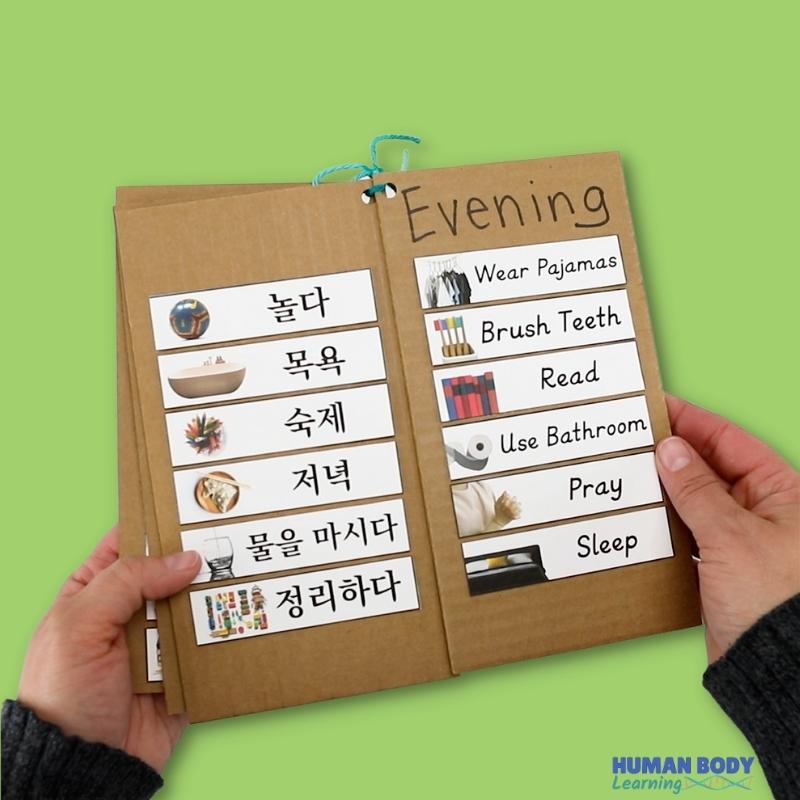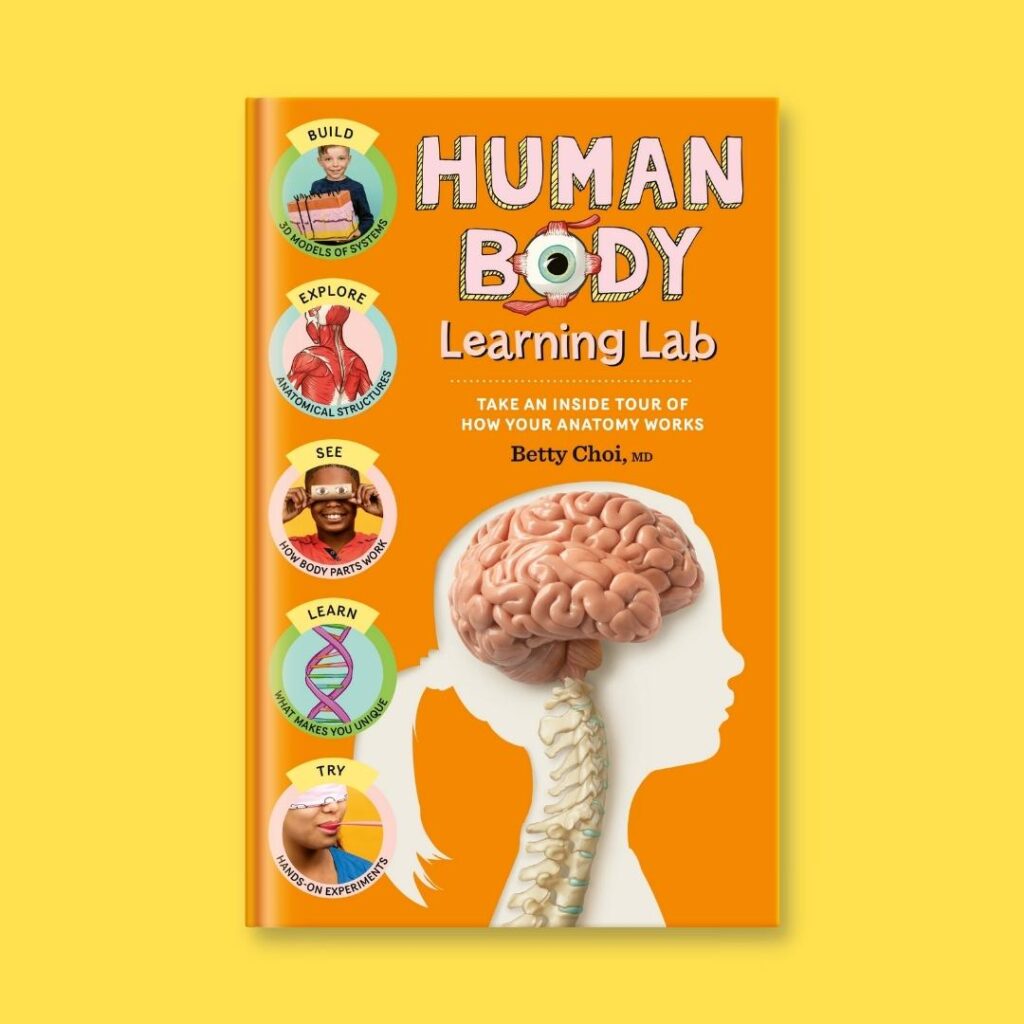What Should You Do If You Can’t Fall Asleep?
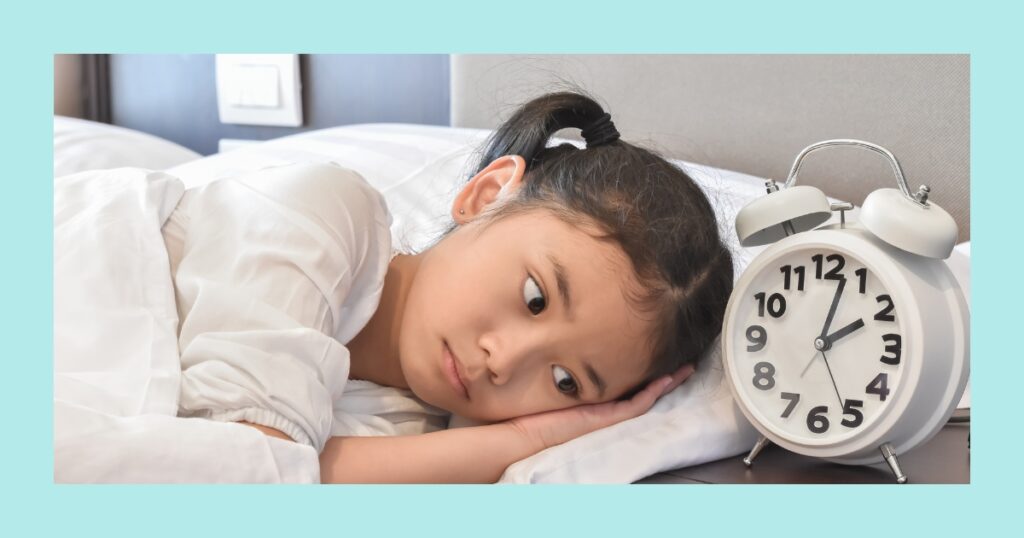
You’re not alone if you’re struggling to fall or stay asleep. Many kids don’t get enough sleep. Thankfully, these tips for better sleep can help kids and teens feel rested and refreshed every morning!
In addition to resting your body, sleep is important for staying healthy, boosting your mood, and recharging your brain. Kids and teens need a lot of sleep – anywhere from 8-12 hours every night. And babies need even more…up to 17 hours a day!
Not getting anywhere close to this much sleep? You can change that today!
Here are eight tips for better sleep that work. Give these a try! Over time, you’ll feel more rested.
Tip #1: Take out electronics from the bedroom.

Research shows that using electronics in the bedroom messes up your sleep.
The light from phones, tablets, and other things that use electricity can stop your brain from making a hormone called melatonin.
Melatonin is supposed to tell your body, “Time to go to sleep!” You want it to kick in when the sun goes down so you can sleep easily and naturally.
Another problem with electronics in the bedroom is that they are distracting! When your phone is within reach, it is super tempting to grab it and keep yourself awake – even when you’re exhausted. To avoid this, keep your bedroom screen-free for the best possible sleep.
Instead, pick out a paperback or hardcover book! Books can help you relax before bed.
Tip #2: Get lots of physical activity during the day.
Tips for better sleep usually focus on things you can do at night. But successful sleep starts with what you do during the day. You might struggle to fall asleep at night because you have too much energy. Maybe you didn’t move enough during the day.
The World Health Organization says kids and teens should get lots of physical activity for the best sleep. What does this mean? Your body should move and sweat for at least 1 hour a day. When it is time to sleep, it should crave rest.
One of the simplest ways to do this is to play outside or go for a family walk each day.
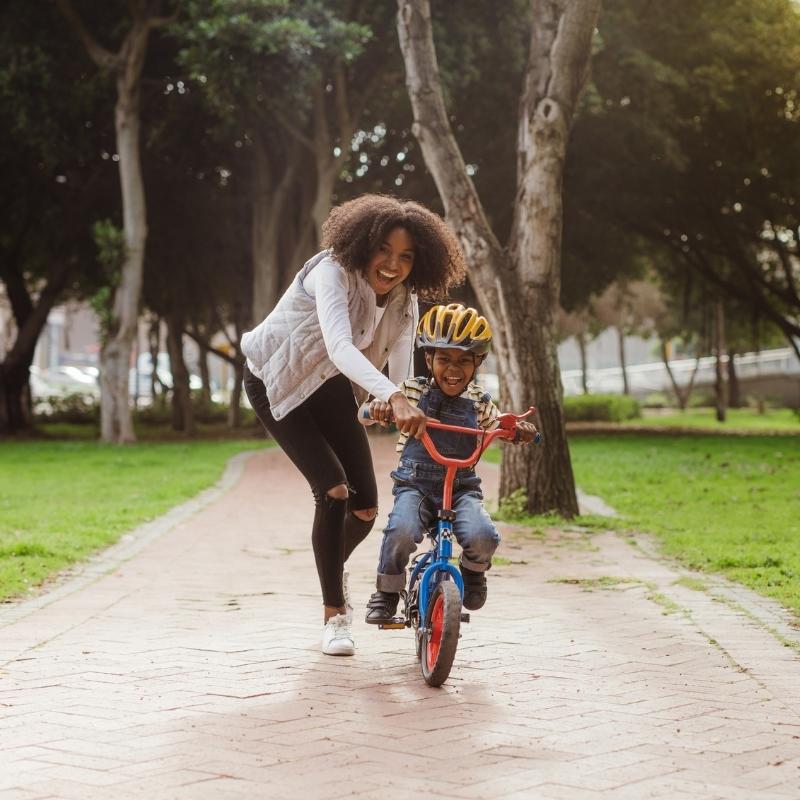
Here are some other fun ways to get your muscles moving:
- Jump rope
- Play sports
- Rollerblade
- Ride a bike
- Go rock-climbing
Tip#3: Try not to drink anything before sleeping.
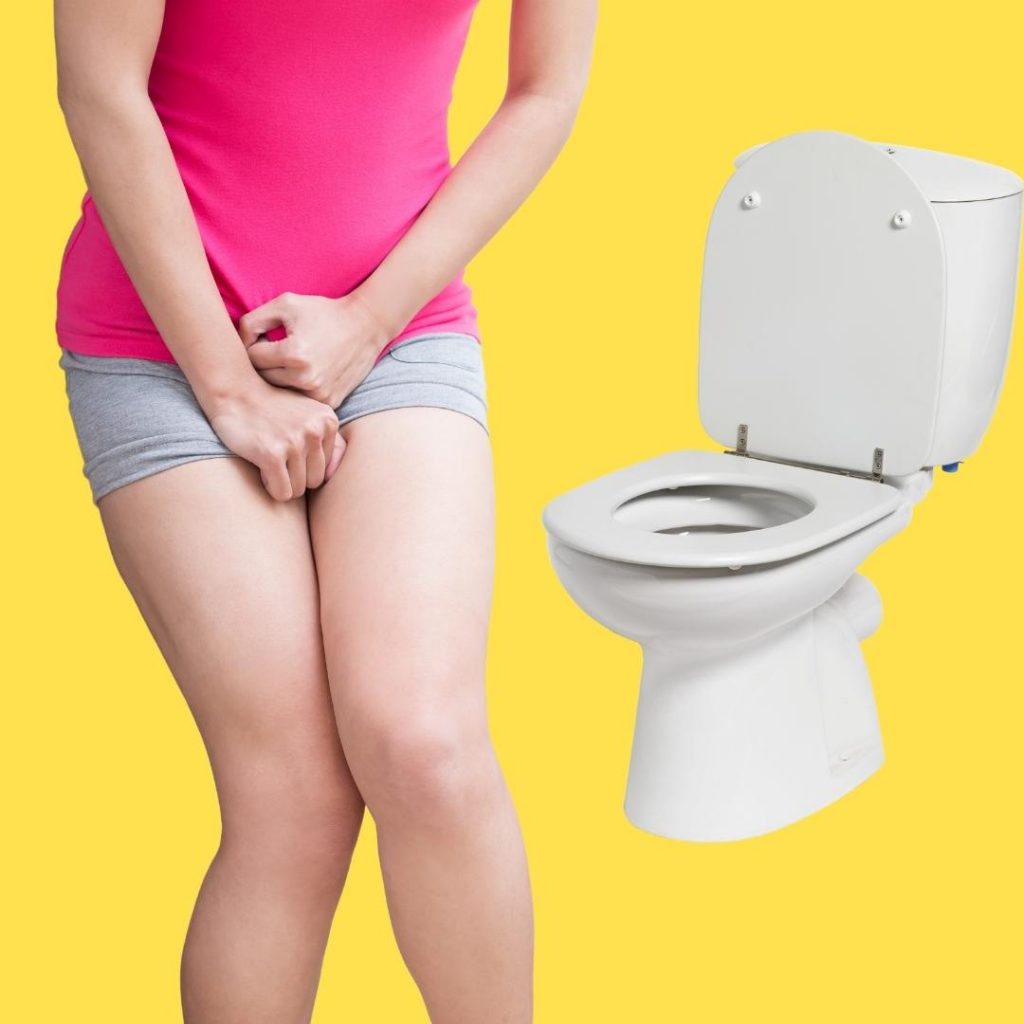
Here’s another sleep tip that kids and teens can work on during the day.
Nothing keeps you awake at night like having to pee! That’s why it’s a good idea to drink most of your liquids during the day.
If you get too thirsty after dinner or eat lots of soup before you fall asleep, you might have to wake up for a bathroom break.
Tip #4: Wind down with a predictable bedtime routine.
Routine is one of the most important tips for better sleep. A normal set of activities leading up to bedtime reminds our minds and bodies that it is time to sleep.
In addition to better sleep, following a bedtime routine can affect how your brain works in a good way.
For example, it may help you pay better attention at school or remember more things you learn!
Build a bedtime routine that works for your family. Here are some ideas that might already be part of your bedtime routine:
- Take a relaxing bath or shower.
- Read a book on your own or with family.
- Talk about your day.
- Try a mindfulness activity.
Tip #5: Sleep at the same time every day.
Consistency is key!
What time is your bedtime? Are you able to stick to the schedule?
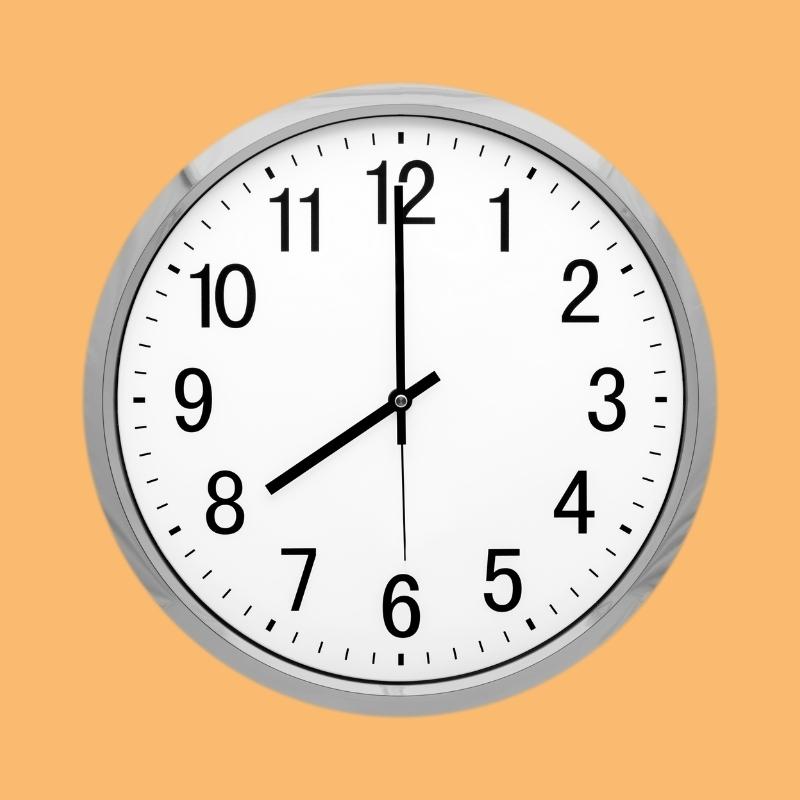
Staying up late can be tempting when you’re having fun doing something. This tip for better sleep can be hard for kids and grown-ups to follow.
But if you go to bed at a consistent time, your body will naturally sense when it is time to sleep. You’ll fall asleep faster and stay that way until it is time to get up! And you’ll feel so much better the next day.
Tip #6: Keep your room as dark as possible.
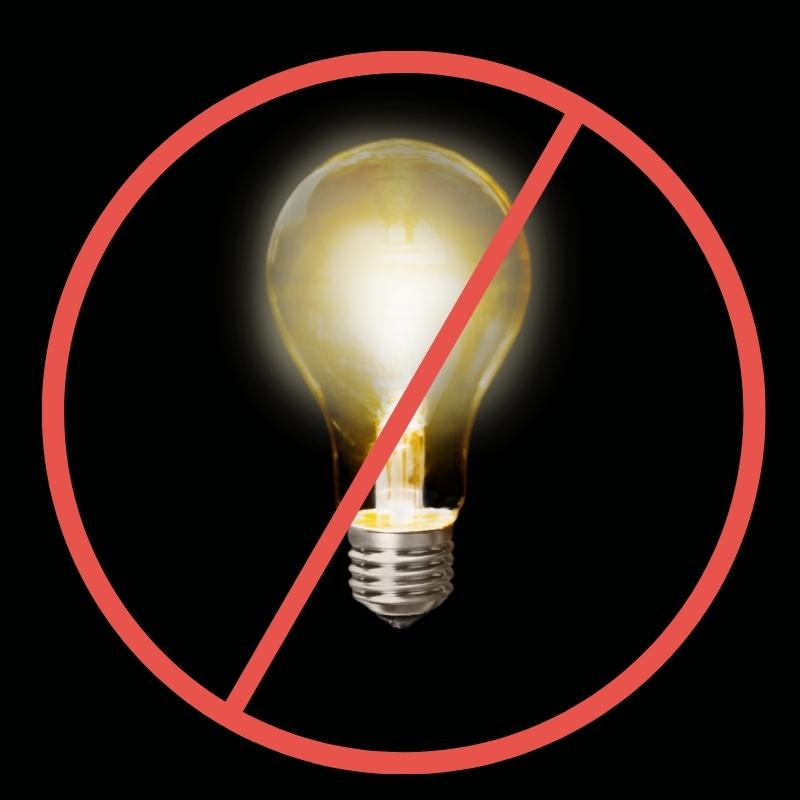
The invention of the lightbulb has made life better in many ways. But, when it comes to sleep, lightbulbs have done way more harm than good. Thomas Edison and his lightbulb have disrupted many internal clocks!
So, how can we get our bodies and minds back on track for better sleep? These tips for better sleep involve making the room as dark as possible. You want the room to be so dark that you can’t see your hand in front of your face.
Turn off the lights!
A dark room is important for sleep because darkness triggers melatonin (remember, the brain’s signal that helps us get sleepy). Keeping the lights on, however, blocks that natural process of winding down.
Block outside light.
Lights outside of your room can also make falling asleep more challenging. Black-out shades or curtains on the windows can transform your room into a cozy sleeping cave.
Cover your eyes.
When you close your eyes, light can seep into your eyelids. An easy way to block light is by wearing a comfortable eye mask.
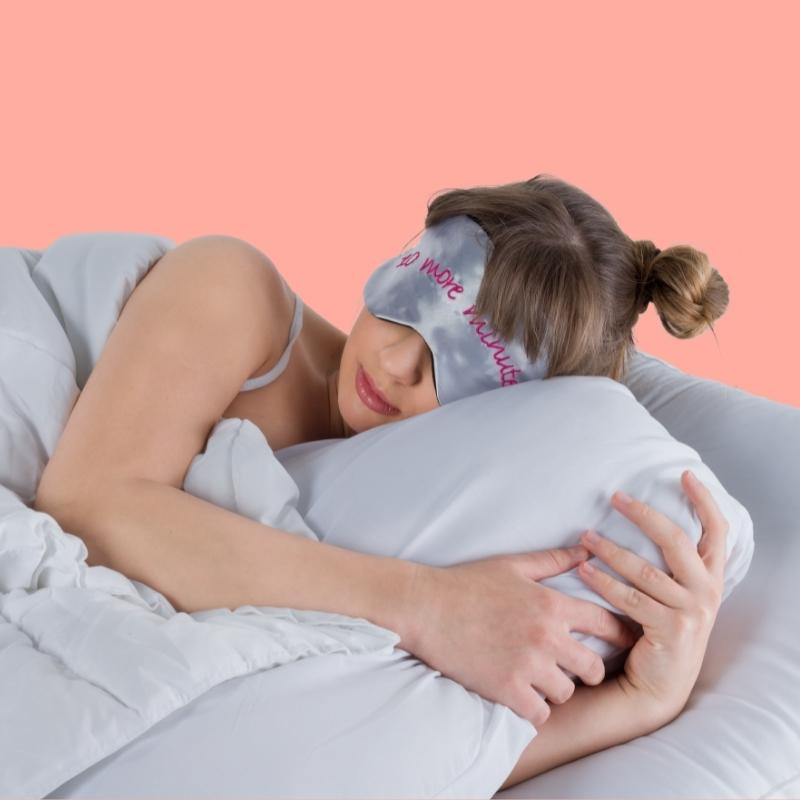
Tip #7: Turn down the temperature.
Temperature can make a big difference in getting better sleep.
When you fall asleep, your body’s temperature drops just a little. In the morning, it gradually warms up. That’s why a lower room temperature is better for sleepy time.
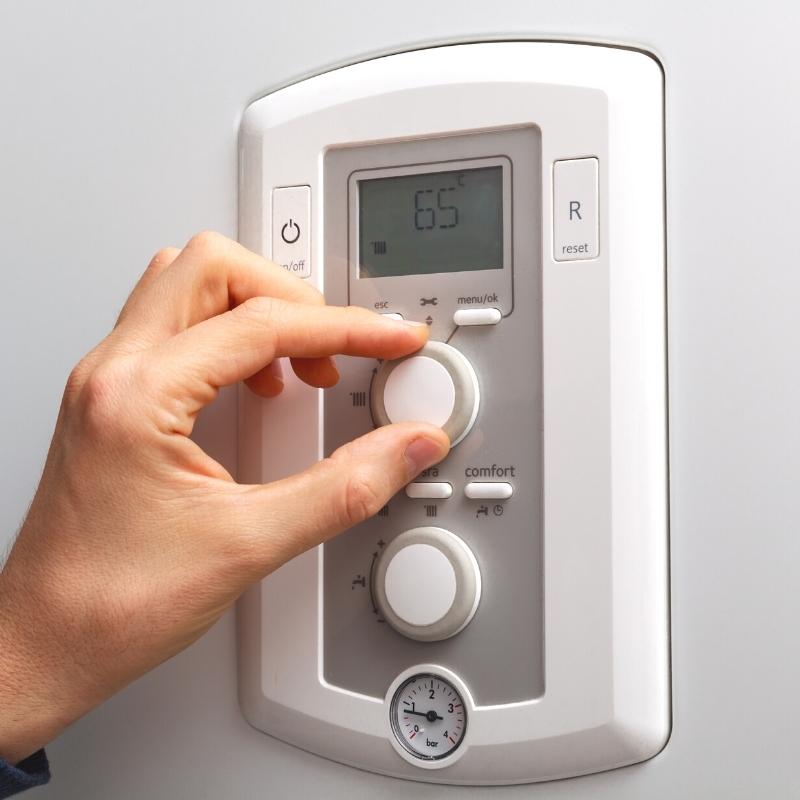
Before you sleep, check the thermostat and turn down the room temperature. (Of course, first check with the other people in your home!)
Most people sleep best with a room temperature between 60 to 67 degrees Fahrenheit (15.6 to 19.4 degrees Celsius).
Plus, a warm, stuffy room can be an uncomfortable place to sleep.
Tip # 8: Make your bed for sleep only.
Your bed should be a special place just for rest. Try to use your bed for sleeping only.
This tip for better sleep applies to kids, teens, and adults. Don’t do homework, eat snacks, watch TV, or type on a laptop in bed. If you do other activities, your body can get confused when it’s time to sleep.
If you have more questions about sleep, ask your doctor to help you create a healthy bedtime plan.
Learn more tips to keep your body healthy!
Published on March 1, 2022. Updated on January 18, 2024 by Betty Choi, MD
Published on March 1, 2022. Updated on January 18, 2024 by Betty Choi, MD

Betty Choi, MD
Dr. Betty Choi is a Harvard-trained pediatrician who makes learning fun and doable. She created the kids’ anatomy book Human Body Learning Lab, which Science Magazine recommended as a “notable standout in the genre.”

